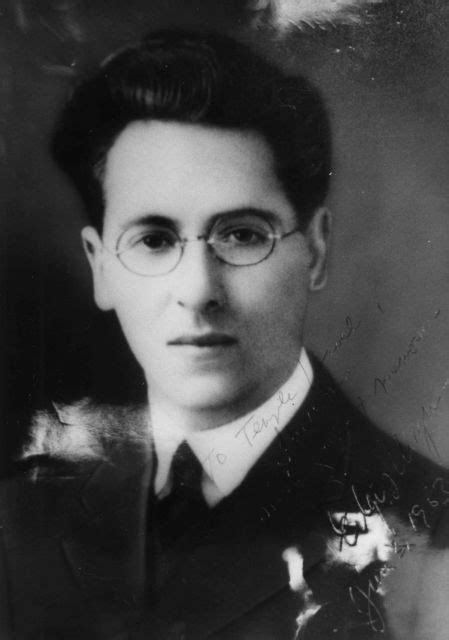A Quote by William James
Every time a resolve or a fine glow of feeling evaporates without bearing practical fruit is worse than a chance lost; it works to hinder future resolutions and emotions from taking the normal path of discharge. There is no more contemptible type of human character than that of the nerveless sentimentalist and dreamer, who spends his life in a weltering sea of sensibility and emotion, but who never does a manly concrete deed.
Quote Topics
Related Quotes
We have the character of an island nation: independent, forthright, passionate in defence of our sovereignty. We can no more change this British sensibility than we can drain the English Channel. And because of this sensibility, we come to the European Union with a frame of mind that is more practical than emotional.
It is more helpful to think of dreams as reflections of the present rather than as pictures of the future. A dream of a car out of control, for example, does not indicate that a car accident will occur in the future. It does mean, however, that the dreamer is feeling out of control in his or her life right now. It is important not to be superstitious about dreams.
A sentimentalist is one who delights to have high and devout emotions stirred whilst reading in an arm-chair, or in a prayer meeting, but he never translates his emotions into action. Consequently a sentimentalist is usually callous, self-centred and selfish, because the emotions he likes to have stirred do not cost him anything.
Every thought which enters the mind, every word we utter, every deed we perform, makes its impression upon the inmost fiber of our being and the result of these impressions is our character. The study of books, of music, or of the fine arts is not essential to a lofty character. It rests with the worker whether a rude piece of marble shall be squared into a horse-block or carved into an Apollo, a Psyche, or a Venus di Milo. It is yours, if you choose, to develop a spiritual form more beautiful than any of these, instinct with immortal life, refulgent with all the glory of character.
There are a couple of writers I admired who were very good at giving the character's emotion without stating what that emotion was. Not saying "He was feeling tense," instead saying, "His hand squeezed harder on the chair arm," as if staying outside the guy. I wanted to try doing that. I wanted to have a really emotional story in which the characters' emotions are never straight - out told to you, but you get it.
All I can say on the Guilford story - and this comes more from my perspective as a father than an artist - is for parents and administrators to give so little value to the career of a public-school teacher - to allow him to be cast aside without exhausting every avenue to resolve the issue - is an obscenity worse than anything I've ever drawn in my comics.
A man never is happy, but spends his whole life in striving after something which he thinks will make him so; he seldom attains his goal, and when he does, it is only to be disappointed; he is mostly shipwrecked in the end, and comes into harbor with mast and rigging gone. And then, it is all one whether he has been happy or miserable; for his life was never anything more than a present moment always vanishing; and now it is over.
Men and women make their own beauty or their own ugliness. Sir Edward Bulwer Lytton speaks in one of his novels of a man "who was uglier than he had any business to be;" and, if we could but read it, every human being carries his life in his face, and is good-looking or the reverse as that life has been good or evil. On our features the fine chisels of thought and emotion are eternally at work.








































